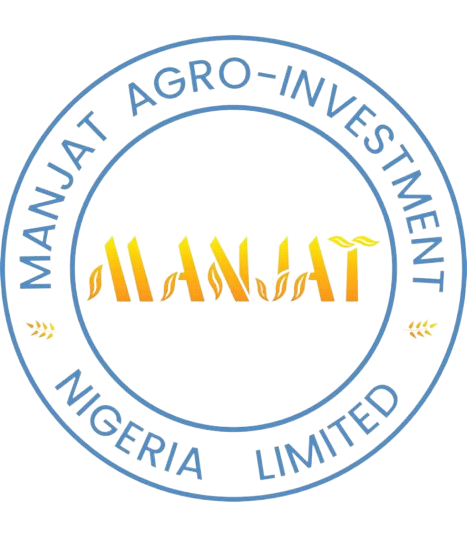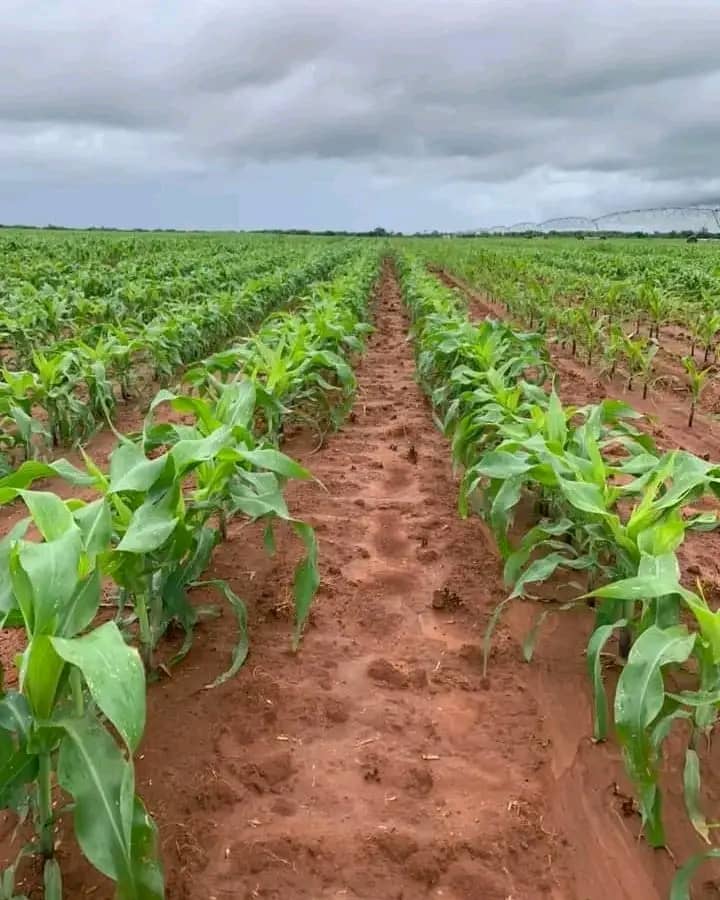Agriculture has always been the backbone of Nigeria’s economy. Despite the country’s vast oil reserves, agriculture remains a crucial sector for economic stability and growth. In 2024, investing in agriculture in Nigeria has become more important than ever. Here’s why:
1. Economic Diversification
Nigeria’s heavy reliance on oil has made its economy vulnerable to global oil price fluctuations. By investing in agriculture, the country can diversify its economic base, reduce dependency on oil, and create a more stable and resilient economy. Diversification through agriculture can help cushion the impact of oil market volatility and foster sustainable economic growth.
2. Employment Generation
Agriculture is a significant source of employment in Nigeria. With a large portion of the population engaged in farming, investing in this sector can create more jobs and reduce unemployment rates. This is especially critical for the youth, who make up a substantial part of the population and are increasingly looking for stable employment opportunities.
3. Food Security
Nigeria faces challenges in ensuring food security for its growing population. Investing in agriculture can boost food production, reduce dependency on food imports, and ensure that the country can feed its people. Enhancing agricultural productivity through modern techniques, improved seeds, and better infrastructure can lead to higher yields and more consistent food supplies.
4. Poverty Reduction
Agriculture has the potential to lift millions of Nigerians out of poverty. By providing smallholder farmers with access to finance, technology, and markets, investments in agriculture can increase their incomes and improve their livelihoods. This can have a ripple effect, reducing poverty levels across the country and contributing to overall economic development.
5. Rural Development
Investing in agriculture can drive development in rural areas, where the majority of farmers reside. Improved agricultural practices, infrastructure, and access to markets can enhance the quality of life in rural communities. This development can reduce rural-urban migration, as people find viable livelihoods in their home regions.
6. Environmental Sustainability
Sustainable agricultural practices are essential for preserving Nigeria’s natural resources. Investments in agriculture should prioritize methods that protect the environment, such as conservation agriculture, agroforestry, and organic farming. These practices can improve soil health, reduce deforestation, and mitigate the impacts of climate change, ensuring that future generations can continue to benefit from the land.
7. Technological Advancement
Modernizing agriculture through technology can revolutionize the sector. Investment in research and development, mechanization, and digital tools can increase efficiency, reduce labor costs, and improve crop management. Access to real-time data, weather forecasts, and market information can help farmers make informed decisions and maximize their productivity.
8. Boosting Exports
Nigeria has the potential to become a significant player in the global agricultural market. By investing in agriculture, the country can produce surplus crops for export, earn foreign exchange, and improve its trade balance. This can also enhance Nigeria’s reputation as a reliable supplier of quality agricultural products on the international stage.
Conclusion
Agricultural investment in 2024 Nigeria is not just about improving the sector itself; it’s about driving comprehensive economic growth, ensuring food security, reducing poverty, and fostering sustainable development. By prioritizing agricultural investment, Nigeria can unlock the full potential of its agricultural sector and build a more prosperous and resilient future for its people.



Leave a Reply